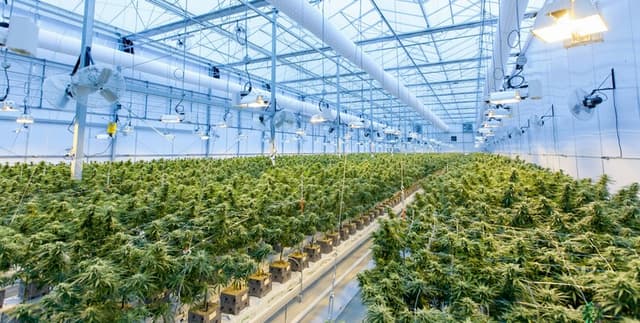Smart Greenhouse Plant Development Metrics
Data Science and Analytics
Tags and Keywords
Trusted By




"No reviews yet"
Free
About
Physiological and morphological measurements of plants are captured to compare growth in two different settings: an advanced IoT-enabled smart greenhouse and a traditional one. This data offers a rich source for analysing how sensor-driven agricultural technologies affect plant health and development, covering metrics like chlorophyll levels, growth rates, biomass, and root characteristics. The data originates from the Agriculture Lab at Tikrit University and was collected between 2023 and 2024.
Columns
- Random: An identifier for different sample batches of plants (e.g., R1, R2, R3).
- ACHP: Average chlorophyll content per plant, serving as an indicator of photosynthetic activity.
- PHR: Plant height rate, which measures vertical growth over time.
- AWWGV: Average wet weight of vegetative growth, representing the total fresh weight of the above-ground plant parts.
- ALAP: Average leaf area per plant, a factor that impacts the capacity for photosynthesis.
- ANPL: Average number of leaves per plant, indicating foliage density and plant maturity.
- ARD: Average root diameter, which is a measure of root thickness relevant to nutrient uptake.
- ADWR: Average dry weight of roots, representing the total root biomass after moisture has been removed.
- PDMVG: Percentage of dry matter in vegetative growth, which measures the solid content in the plant's shoots.
- ARL: Average root length, indicating the depth and development of the root system.
- AWWR: Average wet weight of roots, which is the total fresh weight of the root system.
- ADWV: Average dry weight of vegetative parts, which is the dried mass of the above-ground portions of the plant.
- PDMRG: Percentage of dry matter in root growth, indicating the solid content of the root system.
- Class: A categorical label identifying the experimental group: SA, SB, SC for plants from the traditional greenhouse and TA, TB, TC for those from the IoT-based greenhouse.
Distribution
The dataset is provided as a single CSV file with a size of 6.81 MB. It is structured with 30,000 records across 14 columns and is not expected to be updated.
Usage
This dataset is well-suited for several applications. Researchers in environmental and agricultural science can analyse the effects of IoT interventions on plant health compared to traditional methods. Data scientists can build machine learning models to classify experimental groups based on physiological features or create regression models to predict biomass and growth rates. It also supports detailed plant physiology studies, allowing for analysis of correlations between chlorophyll content, root architecture, leaf area, and dry matter percentages.
Coverage
The data was collected from the Agriculture Lab at the College of Computer Science & Mathematics, Tikrit University, in Iraq. The collection period spans from 2023 to 2024.
License
CC BY-NC-SA 4.0
Who Can Use It
- Agricultural Researchers: To study the impact of smart farming technologies on crop yield and health.
- Data Scientists: For developing predictive models for plant growth and classification algorithms.
- Plant Physiologists: To investigate the relationships between various morphological and physiological plant traits.
- Students and Educators: As a practical dataset for projects and coursework in agriculture, biology, and data science.
Dataset Name Suggestions
- IoT vs. Traditional Greenhouse Plant Growth Metrics
- Advanced Agriculture: Plant Physiology Dataset
- Comparative Greenhouse Growth Analysis (IoT vs. Manual)
- Smart Greenhouse Plant Development Metrics
- Tikrit University Plant Growth Study 2024
Attributes
Original Data Source: Smart Greenhouse Plant Development Metrics
Loading...
Free
Download Dataset in CSV Format
Recommended Datasets
Loading recommendations...
